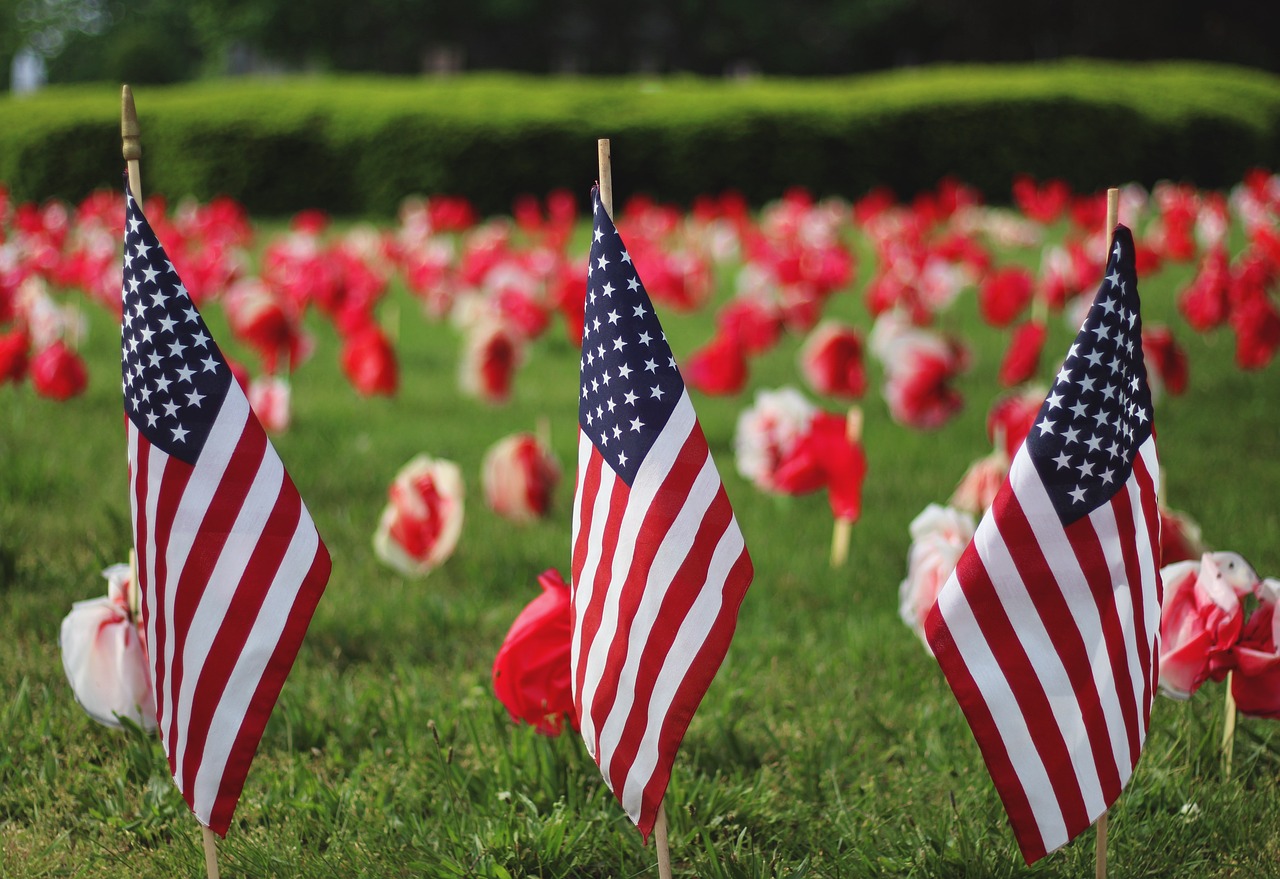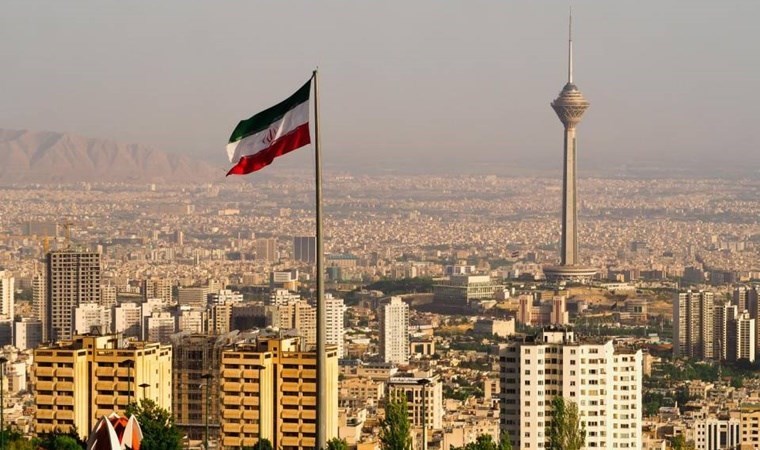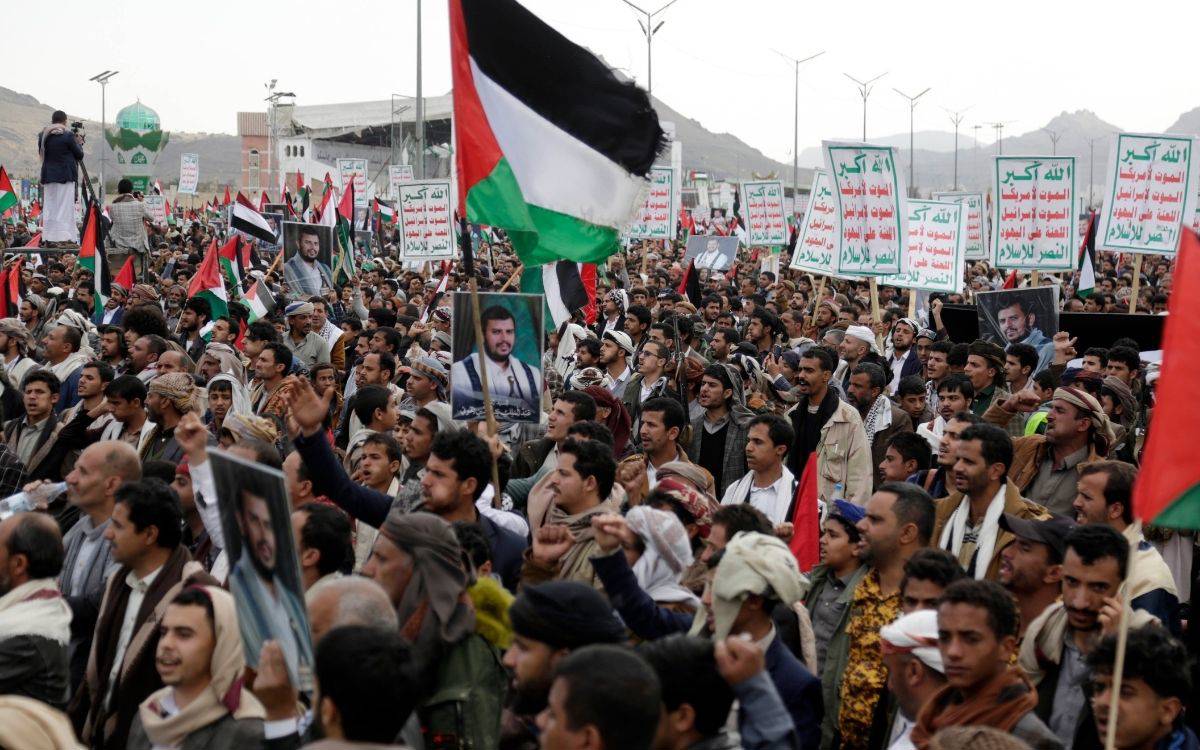 Politics
Politics
Memorial Day: The Origins and Meaning of a Tradition in the United States
Memorial Day in the United States: Historical Process and Analysis Memorial Day is a national holiday in the United States that is celebrated annually on the last Sunday in May. This day is held to honor the country's military personnel and their sacrifices, to keep alive the memory of the fallen soldiers, and to promote patriotism. Memorial Day has undergone many changes throughout history and has gained a deep meaning in American society. Historical Origins Memorial Day has its origins in the American Civil War. In the early 1860s, various ceremonies began to be held by local communities to decorate the graves of soldiers who lost their lives during the war and to commemorate them. However, these commemorative events were celebrated on different dates and in different regions. First, commemorative events known as "Decoration Day" began to be held in the Southern states at the end of May. These events were held to decorate war graves in the Southern states and to commemorate soldiers who lost their lives in battle. Later, similar events began to be held in the Northern states. The modern form of Memorial Day originated in 1868 with an order signed by General John A. Logan, then president of the United States. This order designated May 30 as "Decoration Day" and officially encouraged the commemoration of all American Civil War veterans. Development and Expansion Over time, Memorial Day has expanded to commemorate all the soldiers who lost their lives in wars in the United States and other parts of the world. Soldiers who lost their lives in World War II, the Korean War, the Vietnam War, and subsequent conflicts were also honored in memory of this day. In 1971, when the United States Congress officially recognized "Memorial Day" as the last Monday, the date of the holiday was changed and it became a three-day weekend holiday. This allowed Americans to make more sense of Memorial Day and celebrate it more widely as a federal holiday. Memorial Day is now recognized as a day of remembrance that honors not only military personnel, but also all service providers, firefighters, police, and other emergency workers. American society sees Memorial Day as an opportunity to remember the losses caused by war, to promote patriotism, and to strengthen solidarity. The Meaning and Significance of Memorial Day Memorial Day is a tradition that has a deep meaning in the United States. This day is an opportunity to honor and remember the sacrifices of the country's military personnel and other service providers. At the same time, Memorial Day is a day of remembrance and unification that strengthens American patriotism and solidarity. Celebrated annually on the last Sunday in May, Memorial Day occupies an important place in American society and represents a deep commitment to the country's history and values. This day is seen as a way to pay tribute to the service of the American people, past and present, as well as to remind future generations of those sacrifices.
 Politics
Politics
Iran: Its Changing Face from Past to Present
Iran stands out as one of the countries with the most complex and rich history in the Middle East. The Persian Empire's enormous civilizational heritage, its rich cultural structure shaped by the influence of Islam, and its geopolitical position make Iran historically and strategically important. The ancient capitals of the Persian Empire are filled with works of art, architecture, and literature that still fascinate visitors today. Persian culture has made great contributions to world history and shaped Iran's identity. However, with the spread of Islam, elements of Islam were added to Persian culture, and this determined the cultural structure of modern Iran. Geopolitically, Iran occupies a strategic position in the heart of the Middle East. With its access to the Persian Gulf, the Caspian Sea and Central Asia, it has become an actor that determines its relations with other powers in the region. In addition, Iran's relations with its neighbors have a direct impact on regional stability and security. Its relations with its neighbors such as Iraq, Afghanistan, Turkey and Pakistan shape the regional balance of power, while its international relations play an effective role in global politics. Economically, Iran has an economy that relies heavily on energy resources. While oil and gas revenues form the country's economic mainstay, it also faces factors such as international sanctions and domestic political uncertainties. Economic problems such as high inflation, unemployment, and income inequality affect the living standards of the Iranian people, causing social unrest. These challenges reveal the need for change in Iran's economic and social structures. Politically, Iran is governed as an Islamic state under the name of the Islamic Republic. There is a complex political system balanced by religious leadership and political authority. Political freedoms and human rights issues are important topics of discussion in Iran. Issues such as press censorship, freedom of expression, and the restriction of political dissent have an impact on the country's political stability and democratic development. However, Iran's efforts in the democratization process and political reforms are promising for the country's future. Culturally, Iran has a rich historical and cultural heritage. The ancient ruins of the Persian Empire, combined with Islamic architecture and art, have contributed to the creation of a unique cultural identity in modern Iran. Although Iran belongs to the Shia sect of Islam, it is home to a variety of religious and ethnic groups. This increases the cultural diversity and richness of the country. Finally, Iran's present and future are shaped by promising opportunities along with internal and external challenges. Iran has survived and adapted to the changes it has experienced throughout history. Today, the country is facing economic and political reforms, and these reforms are critical to Iran's future development and stability. The future depends on Iran strengthening its role in the regional and global arena by preserving its cultural heritage and improving its international relations. Iran, with its changing face from the past to the present, looks to the future with hope. Finally, Iran's present and future are shaped by promising opportunities along with internal and external challenges. Iran has survived and adapted to the changes it has experienced throughout history. Today, the country is facing economic and political reforms, and these reforms are critical to Iran's future development and stability. The future depends on Iran strengthening its role in the regional and global arena by preserving its cultural heritage and improving its international relations. Iran, with its changing face from the past to the present, looks to the future with hope. The migration of Iranians to Europe emerges as a reflection of this changing face. In recent years, the wave of migration from Iran to Europe has increased. The reasons for migrations include economic hardship, political pressures, and flight from conflict zones. European countries accept many Iranian refugees. Iranian immigrants may face a variety of challenges in their new country. Language barriers, cultural differences, and difficulties in finding jobs can complicate the integration process of Iranian immigrants. However, many Iranian immigrants successfully settle in their new country and contribute to society. The presence of Iranians in Europe shapes the social, economic and cultural fabric of societies, while also contributing to economic growth and diversity.


